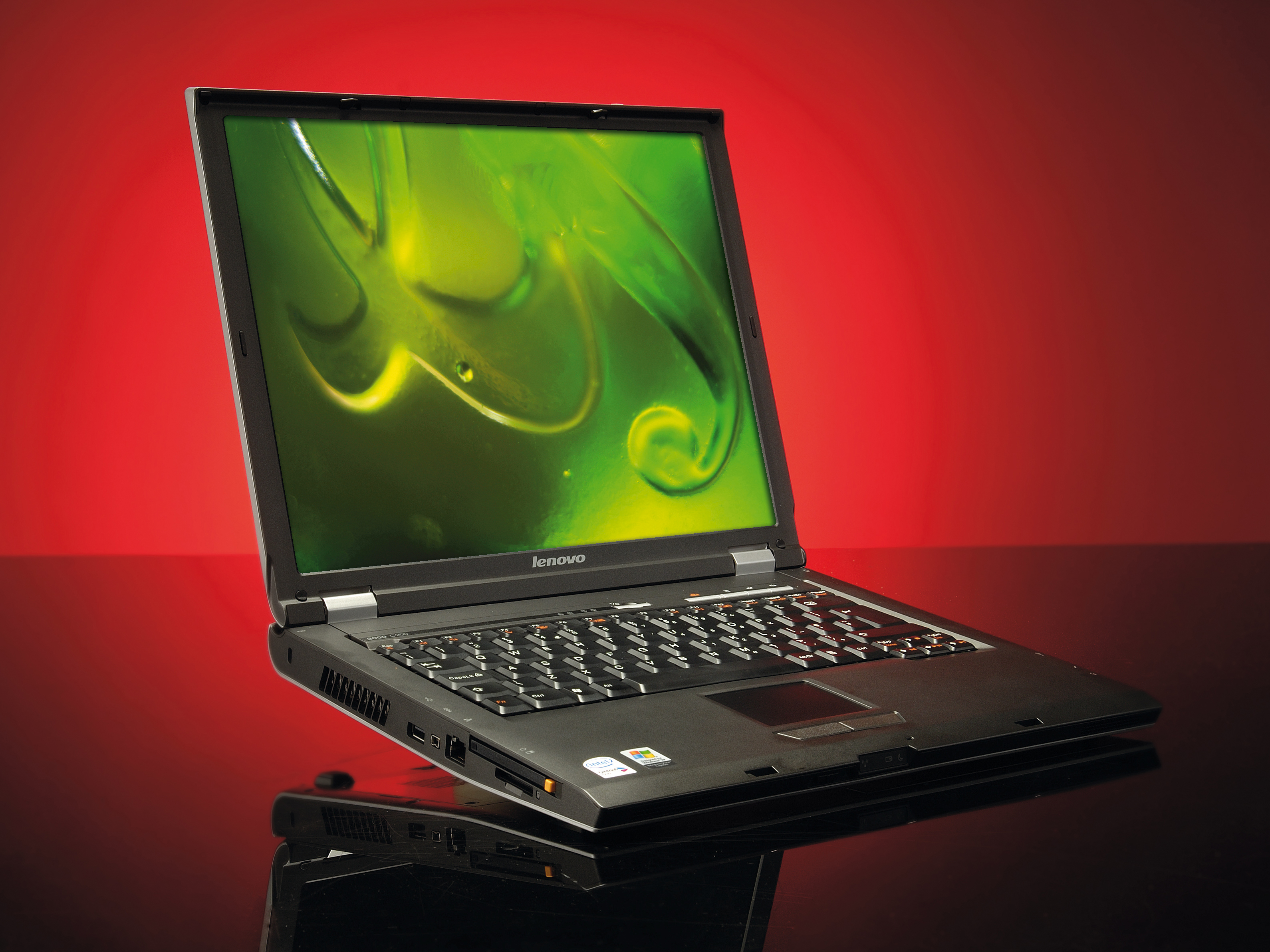TechRadar Verdict
It's got a good battery life and it's fast too - all in all, a good proposition
Pros
- +
Long battery life
Low price
Cons
- -
Basic specification
Why you can trust TechRadar
It's a couple of years since Lenovo purchased IBM's personal computer division, but its laptops haven't changed too much. This one looks classy enough, but the silver and black styling still has a slightly corporate feel to it, even though the price is a home user-oriented £500.
The conventional approach continues with the 15.4-inch screen, which uses a 1024 x 768 resolution, and appears small in comparison to the 1280 x 800 pixel competition. It does deliver better picture quality and the lower resolution means text appears larger, so there's less squinting required.
These compensations might not seem entirely adequate, especially as you look at the other features: a miserly 512MB of RAM, only 80GB hard drive space and the extremely slow Intel 945GM Express graphics chipset. Don't give up just yet, though, because this laptop is better than you think.
Lower resolution screens can be advantageous in laptops because they help extend battery life. Furthermore, because IBM is good in this area we expected this laptop to deliver something special - and it did. The use of a Core 2 Duo T5500 CPU means this is achieved without compromising performance, too.
The system is rounded off with an unusual range of pre-installed software. True, most of it is free or basic (Acrobat Reader, Google Desktop/Toolbar/Picasa), but there are some useful custom support tools and it's good to see a vendor make an effort with even its budget systems. This one's well worth considering.
Sign up for breaking news, reviews, opinion, top tech deals, and more.
Tech.co.uk was the former name of TechRadar.com. Its staff were at the forefront of the digital publishing revolution, and spearheaded the move to bring consumer technology journalism to its natural home – online. Many of the current TechRadar staff started life a Tech.co.uk staff writer, covering everything from the emerging smartphone market to the evolving market of personal computers. Think of it as the building blocks of the TechRadar you love today.
